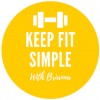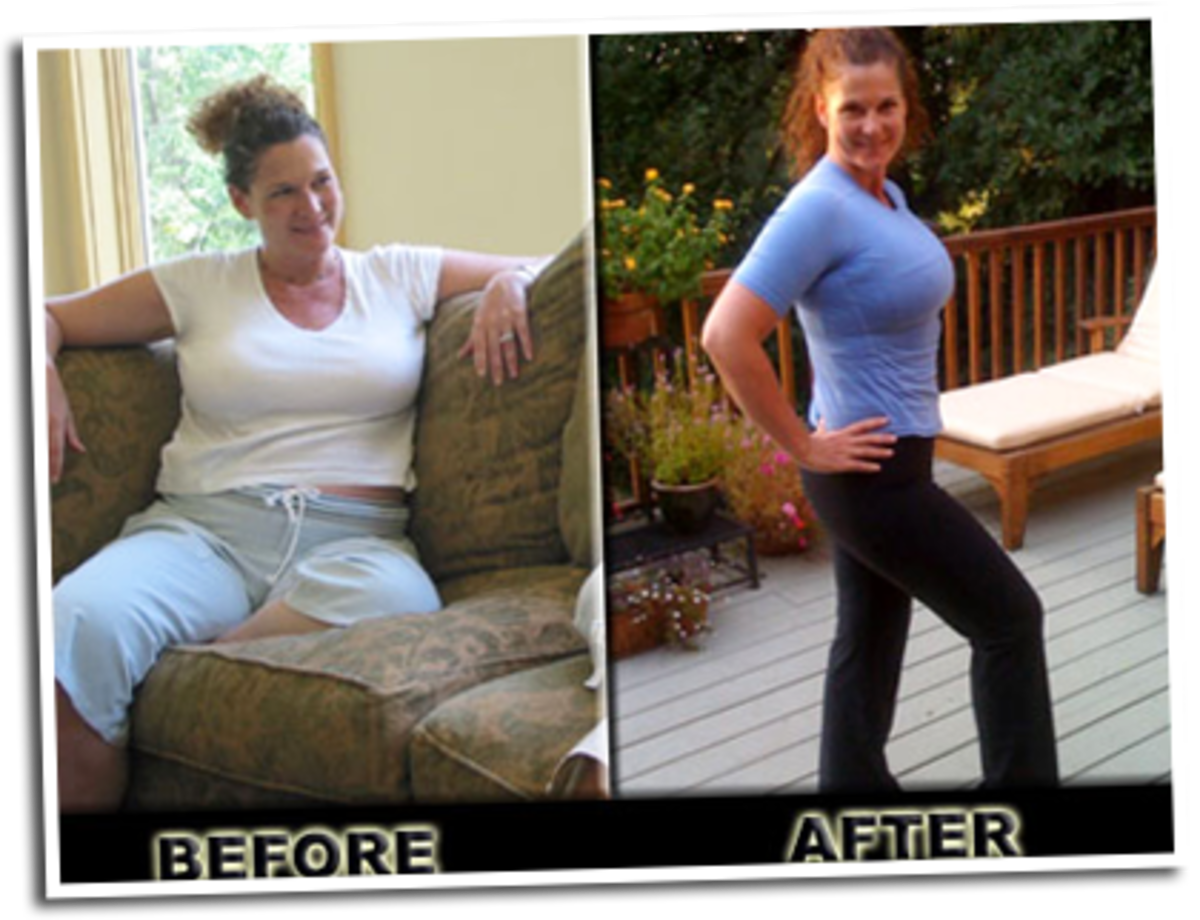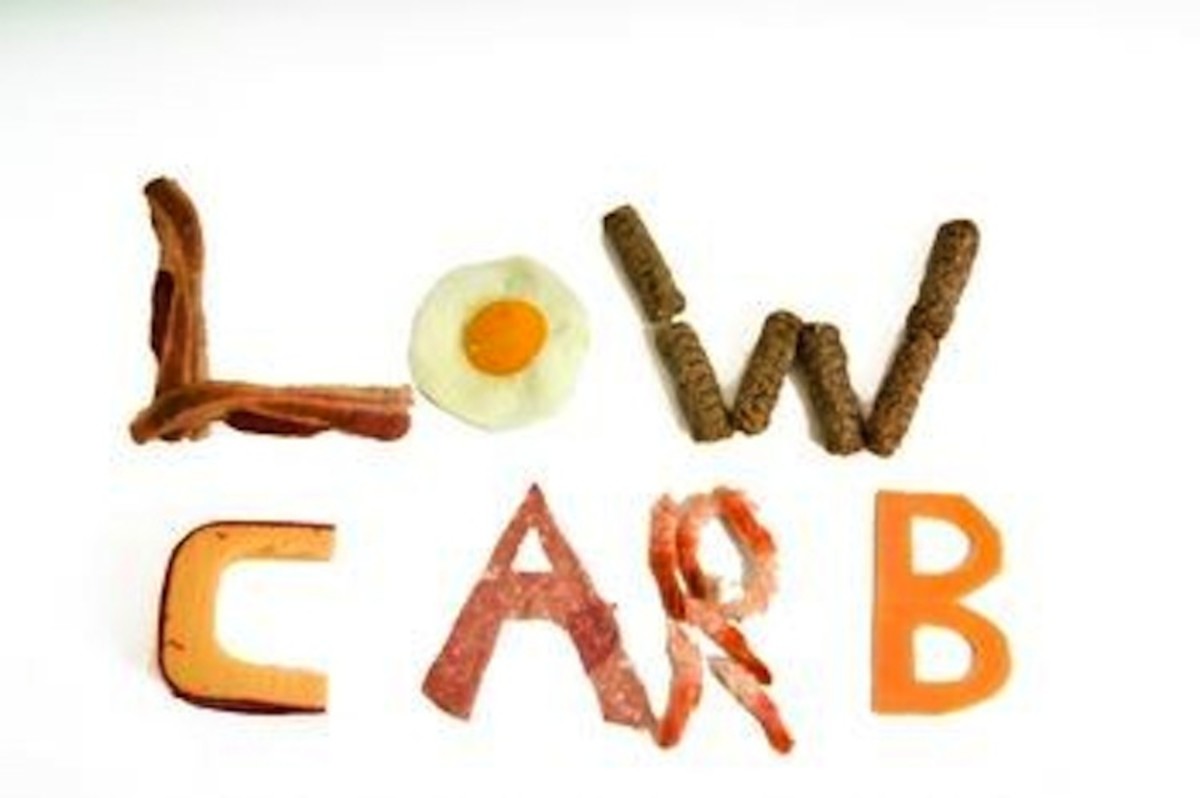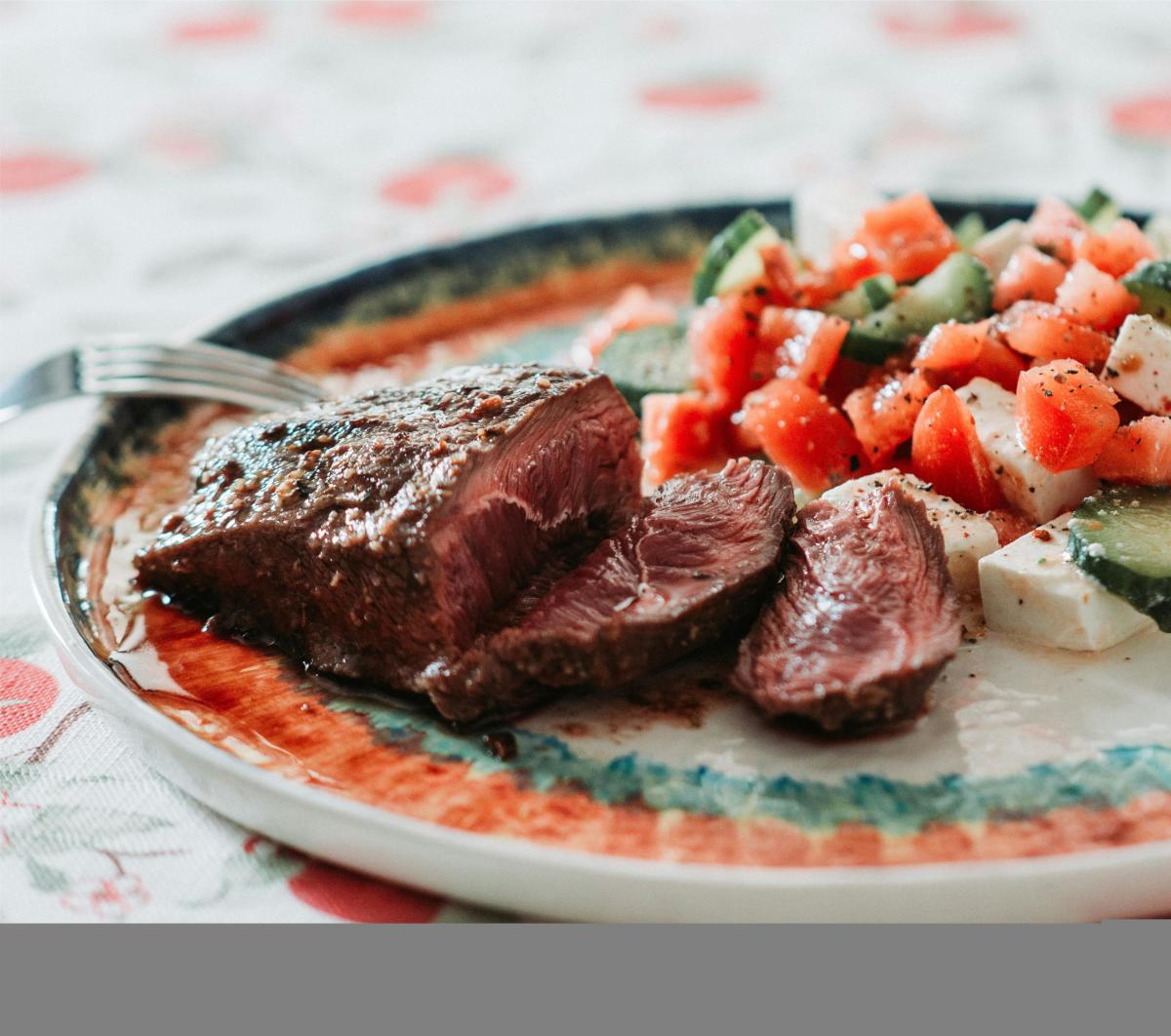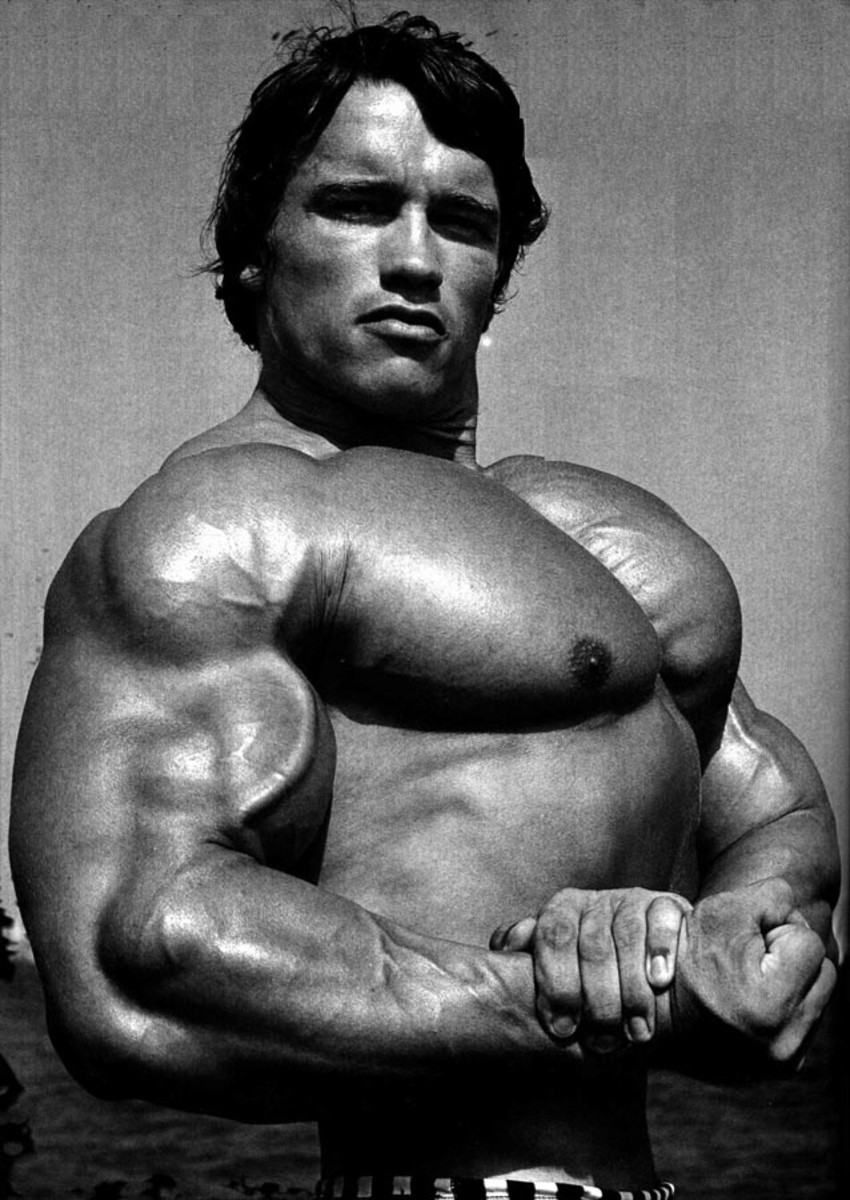Is a Low-Carb Diet or Keto Healthy?
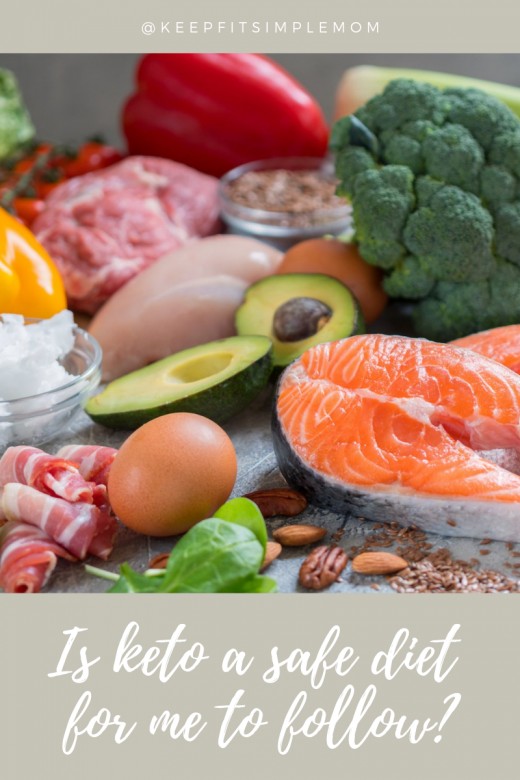
The Simple Answer: Not Very Healthy, But It Works
Although following an eating plan that heavily decreases your consumption of carbs will definitely help you lose weight, it's not as healthy as we think it is. There are countless ways to drop pounds, but not all ways are good for your health. A low-carb diet may be a helpful aid to finally see weight loss, but there are also some pretty considerable reasons why not to make this kind of eating a lifestyle.
Not all carbs are bad for you. Carbs derived from natural sources are pretty essential for creating energy.
Why Going "Low-Carb Lifestyle" Is A Risky Move
- Binge-eating and yo-yo dieting do happen often with diets like there since it's a very restricted way of eating.
- Lacking vital nutrition like natrually sourced vitamins and minerals from veggies, fruit, beans, and grains is harmful.
- Risking your heart health is a part of many low-carb diets as eating large amounts of fat can begin to clog the arteries over time.
Having a Strict Diet Isn't Easy To Keep Up
Restricting your diet is just a part of low-carb diets. You may have heard about the keto diet, I'm sure everyone on the internet has caught wind of it by now. Yet, for those who haven't or for those who have, but don't really understand what the ketogenic diet is all about, let me explain.
This is an extreme diet that drastically limits all forms of carbs and is said to help your body burn fat rapidly and increase your energy. So, where does the diet get its name from? Well, it's pretty simple, when you lower your intake of carbohydrates to smaller amounts, molecules called ketones, begin to gather in the bloodstream, so the body goes into a state called ketosis. That's the keto diet at face value.
The kinds of foods that are off limits are obviously the donuts, the bagels, the waffles, and everything many of us know and love. Basically, anything that comes from processed grains or wheat goes out the window with this diet. This is the one thing that I do like about the ketogenic diet! I mean, a healthier way to eat is to limit junk foods. They're called junk foods for a good reason. They lack natural sources of nutrients because they're almost completely stripped of them, which is why these foods are called junk.
On the other hand, if you are someone who heavily eats junk food, if you eat pizza every Saturday, and enjoy chips, sweets, slices of bread, and plates of pasta, this sort of diet is going to be torture. Truthfully, it will feel like you need these foods. Most likely, your body is used to the sugars that come from them, so you can expect withdrawals. Significantly cutting the sugars that come with throwing out those favorite junk foods will be the hardest part yet. This is where the yo-yoing and bingeing ends up happening for many people.
Keto Food Pyramid
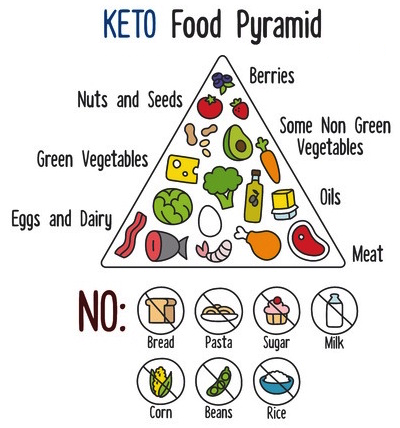
Lacking Essential Nutrition Isn't A Smart Move
Telling your favorite carb-filled foods aren't just the bad ones, but also the good ones! Fruits, vegetables, whole grains, and whole wheat are other foods that end up getting cut as well. Healthy foods have carbs too and some people, actually many don't know that. So, what does that mean? That means that even the beneficial, nutrient dense foods end up taking the backseat.
This is where another issue begins. Because even though these foods are healthy, they're largely limited in the ketogenic diet and other low-carb diets due to their number of carbs. These foods have vitamins and minerals that our bodies not only crave, which keeps us from craving junk foods but also the nutrients that it needs.
Carbs from natural sources are also essential. They're used for energy, the very energy needed for every function of our bodies from blinking our eyes to walking. Fatigue is one of the side-effects of going keto, at least to begin with. It's said that going into ketosis turns the fat into energy, but that doesn't happen right away.
In fact, if you're looking for a "right now" kind of energy, muscle gain or a healthy diet, this diet is not beneficial for any of those. Healthline wrote, " a keto diet will do more harm than good for the majority of patients, especially if they have any underlying kidney or liver issues" (2016).
As it does work for the short-term for rapid weight loss, it's not helpful to continue in the long-term, such as a lifestyle. It was created by Dr. Gianfranco Cappello, for extreme cases like obese patients. Those who have type 2 diabetes, epilepsy, and cancer also can benefit from this kind of diet under the supervision of a doctor. Other than such cases, this diet is not recommended by many health professionals.
Carbs are not the enemy. It's all the the processed foods, known as simple carbs we eat that do us in.
Too Many Unhealthy Fats Strain The Heart
One part of the diet that is largely advertised is the point that you can eat fatty foods on this diet. Good fats like olive oil, nuts, fish, and avocados are one thing, but the artery clogging, bad fats are also encouraged. The heart takes a major hit with this kind of eating. The more heavy fats that you consume over time like greasy bacon, the more heart has to work to pump blood through arteries lined with fat.
According to two Harvard studies, it was concluded that "replacing saturated fat with polyunsaturated fats like vegetable oils or high-fiber carbohydrates is the best bet for reducing the risk of heart disease, but replacing saturated fat with highly processed carbohydrates could do the opposite" (2019) Foods rich in trans fats are harmful to the bloodstream and end up reducing the good cholesterol. So, it's a great choice to eat healthy fats, but also healthy carbs.
The dairy products, such as cheese and butter are what many people love about this diet, but they are also very high in fat. The fat in these foods is what is said to satisfy to a certain point. Yet, the hungrier you tend to get, the more fats you'll want to eat. Packing on the fats won't make you fat, (Thankfully!) but it still isn't heart healthy.
Eating more of the monosaturated and polyunsaturated fats will reduce bad cholesterol levels, so it would be beneficial to fill up on those in moderation. These protect against heart disease as well as maintain the steady heartbeat. So, like carbs, not all fats are bad for you, we just have to know which ones are good for us. When we know better, we do better!
The ketogenic diet is extreme as it drastically cuts a lot of the foods we love, both good and bad.
Should You follow a low-carb diet?
Whether you follow a ketogenic diet or not, that is totally up to you, but from the information gleaned here, it's best to stay away from all the hype. But it's safe to say that there is no magic bullet or pill for that matter, unfortunately. Weight loss isn't easy, but it can be simple. It's about calories consumed versus calories burned and of course, the healthier the foods, the better. Limit the bad carbs, but load up on the good like fruits, vegetable, whole grains, and whole kinds of wheat.
Weight loss is less about the number of carbs you consume and more about calories in versus calories out. In other words, if you are trying to lose under 100 pounds, go for a balanced way of eating like the 80/20 rule, get active, and get good accountability. It's better to make a lifestyle of a plan that you can enjoy, promotes good health, and is easier to stick with.
If you are obese and have over 100 pounds to lose, however, you may talk with your doctor to see if this sort of diet could help you get a kick start to weight loss, but it's not meant to take place of a balanced way of eating. What are your thoughts on this kind of diet? I would love to hear your experience as well if you have done it before.
Resources and Further Reading
- The truth about fats: the good, the bad, and the in-between - Harvard Health
Why are trans fats bad for you, polyunsaturated and monounsaturated fats good for you, and saturated fats somewhere in-between? For years, fat was a four-letter… - Keto Diet Dangers You Should Know About
The keto diet is becoming a trend among people looking for quick, dramatic weight loss. But many experts argue that it isn’t safe.
This content is accurate and true to the best of the author’s knowledge and does not substitute for diagnosis, prognosis, treatment, prescription, and/or dietary advice from a licensed health professional. Drugs, supplements, and natural remedies may have dangerous side effects. If pregnant or nursing, consult with a qualified provider on an individual basis. Seek immediate help if you are experiencing a medical emergency.
© 2019 Brianna
